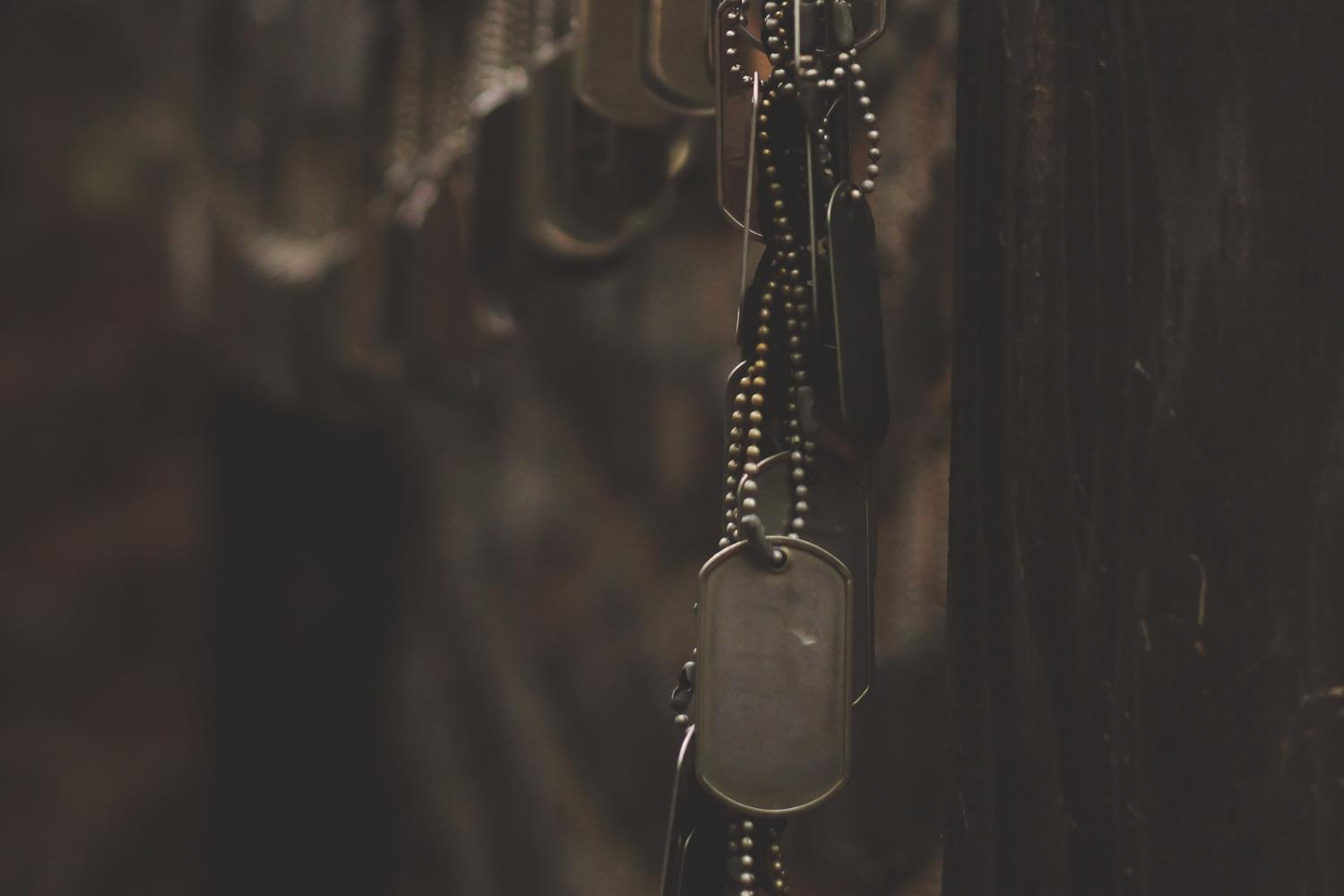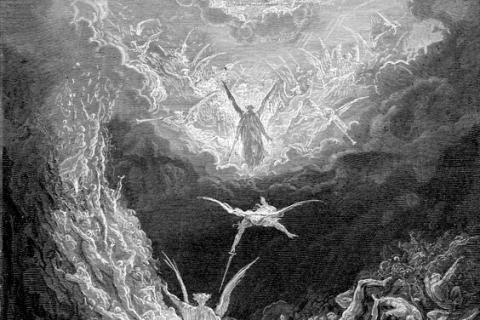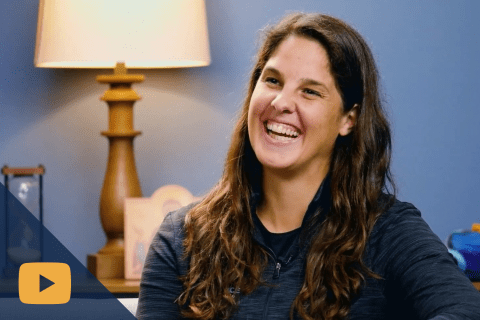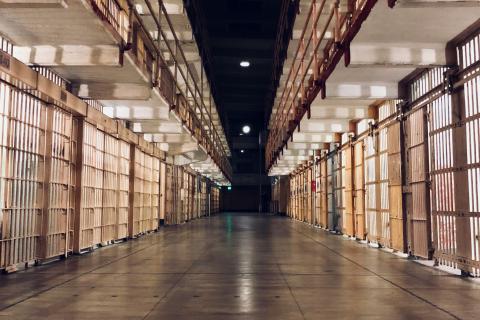
Many young teenagers enlisted in the Russian military and began their training with a sense of patriotism, as is common in countries around the world. In time, their companies encamped along the Ukrainian border and were told to prepare for “military training exercises.” As war later broke out in Eastern Europe, these soldiers probably asked themselves, “Why I am here? Whose idea was it to go to war? Will I die tomorrow in battle and if so, has this been the only purpose of my life? Is my existence worth nothing more than to die in a war chosen by someone else?”
Such questions could equally be asked by Ukrainian soldiers who never asked to go to war, and who are defending their homes, churches, and childhood playgrounds. The same could be said about the millions of Ukrainian and Russian civilians who are experiencing the painful ripple effect of war. All are probably asking, “Why is this happening to us? Why is God allowing us to suffer in these ways? Why am I a victim in schemes that are far bigger than me?”
These questions seek answers beyond global politics and into the realm of divine providence. Those who suffer want clarity in the face of injustice and ponder why has God allowed such chaos to come upon so many when seemingly enacted by the decisions of so few.
In these gut-wrenching moments of history, the Catholic vision recalls that God’s providential plans are never thwarted by the sins of man. And while decisions by political rulers can alter the course of world history, those decisions do not reach the point of depriving each human being of a relationship with God nor a personal dignity that has an eternal destiny.
Judged by earthly standards, all involved in crises can say to themselves, “This is not the way things ought to be. My life should look different. My future should be brighter.” Yet we are not actors starring alone in a one-act play of our own preferences. We belong to a human narrative that is far bigger than each of us and to a human family in which my decisions affect others and their decisions impact me.
To a soldier or civilian dying in Ukraine, their final thoughts might question why God would allow such meaningless trauma and grief. Yet in those same final moments, the dying might also surrender to the providential plans that God has allowed to unfold and simply say, “Father, you have always been my light and my rock. You who I have longed to see, now welcome me home. Let me see your face, for into your hands I commend my spirit.”
The Catholic vision does not view the providence of God according to earthly plans of expectation and fulfillment. Rather, the Catholic knows that a life of virtue in union with God far exceeds the confines of worldly situations that come upon us. The Catholic also realizes that God permits catastrophes as a means to enact his justice and chastisement upon the world, knowing that humanity must bear the consequences of sin and that morally corrupt leaders and cultures must see the light of day. Furthermore, the Catholic knows that in the face of the sinful decisions of others, one’s character is sharpened ever more clearly in the pursuit of personal holiness.
The horrific images that are broadcast from Ukraine are bewildering on many levels. In the face of such suffering and destruction, one seeks rational answers to conflicts that seem to be irrational. Such answers will never be fully grasped nor understood this side of heaven. Yet what remains are the deeper assurances of faith, as we recall that God is not absent in a time of war. And the eternal glory to which he calls political leaders, entrenched soldiers, wandering exiles, and a worldwide audience is still the same. For we have very little choice in the circumstances that shape our lives. Yet we have a very big opportunity to say in the face of those circumstances, “Thy kingdom come, thy will be done.

Christian Mythic Narrative: The Deep History of the World
Engulfed in an epic drama initiated by God's selfless act of creation, humanity emerges in a vast world of realities visible and invisible, playing a central role from the first breath.


